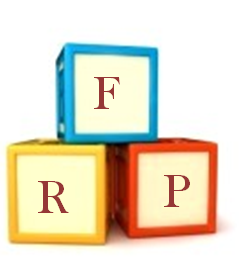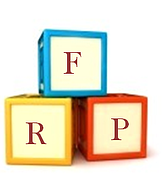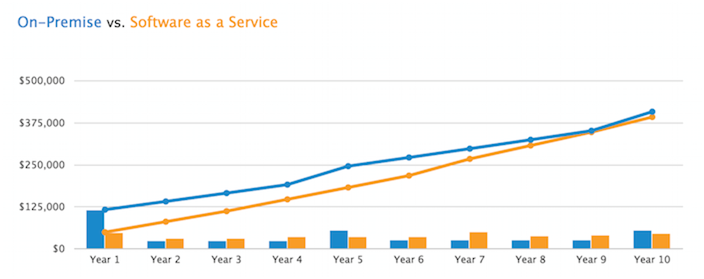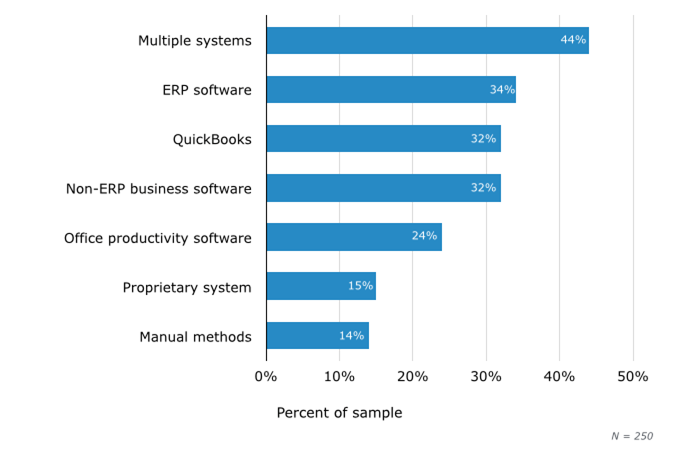2016 ERP Software Buying Considerations
Cloud Subscription Based ERP Software vs On-Premise Server Based ERP Cost, Control and Customization Drive the Debate
3 min read
Jeanne Lee Tue, Dec 10, 2013

 ERP request for proposals (RFP) get a bad rap as being a waste of time for both the creator and the ERP vendor filling it out. Of course, a RFP is not required for ERP selection and many companies have selected their systems without it- but did they select the right one? Did they struggle to make their decisions? Were they still happy after implementation? Maybe…or maybe not. Writing up an ERP RFP is just another step to take to ensure you select the right ERP system and the right ERP vendor so you don’t regret your decision later. But there is a difference between writing an RFP and writing a GOOD RFP.
ERP request for proposals (RFP) get a bad rap as being a waste of time for both the creator and the ERP vendor filling it out. Of course, a RFP is not required for ERP selection and many companies have selected their systems without it- but did they select the right one? Did they struggle to make their decisions? Were they still happy after implementation? Maybe…or maybe not. Writing up an ERP RFP is just another step to take to ensure you select the right ERP system and the right ERP vendor so you don’t regret your decision later. But there is a difference between writing an RFP and writing a GOOD RFP.
Many companies just go through the motion when writing up an RFP or use a standard template they found online somewhere, but going through the motions isn’t enough and generally these RFP’s only touch on their needs. In the end, those standard templates or poorly written documents end up being pretty useless.
As with anything else, if you want the answers you need to ask the questions! So here are some of the topics you should include in your RFP during ERP selection to make sure you are not wasting anyone’s time and gathering information that will be truly helpful when it comes down to your final decision.
Developing an RFP is NEVER fun and it is not a requirement prior to selection but it can be greatly beneficial to the overall project with benefits such as:
What other questions or topics should be covered in your ERP RFP during your ERP selection? Other potential benefits of a well crafted RFP? Feel free to share your thoughts in the comments section below.
Still evaluating your ERP options? Our free template can help you, download it here.
e2b teknologies operates three business units – e2b anytime apps , e2b enterprise, and e2b calibration. e2b enterprise develops custom cloud-based business applications and resells leading ERP accounting software, CRM, HRMS, and other enterprise business software applications from Sage Software, Epicor, Intacct, Sugar CRM, and other publishers. e2b anytime is the publisher of Anytime Collect, Anytime Assets, Anytime 500, Anytime Commerce, and related Anytime brand products. e2b calibration is an ISO/IEC 17025 accredited calibration and repair laboratory providing a full scope of services (traceable to NIST) for most popular calibration, test, and measurement instruments.
Follow us on twitter @e2bteknologies
We are also on LinkedIn, Facebook, and Google+

Cloud Subscription Based ERP Software vs On-Premise Server Based ERP Cost, Control and Customization Drive the Debate

1 min read
As ERP software consultants, we know all too well what ERP stands for: it basically means that your company will now have an integrated solution...

1 min read
Please visit Software Advice for the original version of this article. ERP VAR connects companies who have ERP Software needs with business partners...